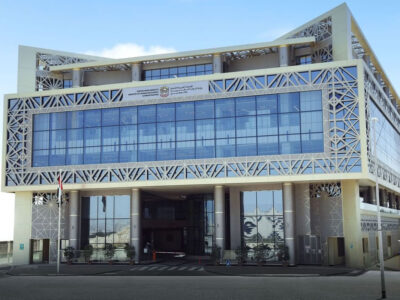Belgium joined the growing list of countries tweaking their immigration policies related to overseas workers, with the Flanders Region of the country set to roll out significant changes to its immigration policy, under which entry of foreign nationals into the workforce are reportedly to be allowed only after careful consideration of local and regional labour markets.
The new policy change also proposes prioritizing the employment of Belgian and European workers first.
The new immigration policy applicable to foreign workers will come into force from May 1, 2024.
The modifications to the ‘Shortage Occupation and Labor Market’ testing frameworks aims to uphold the government’s concentric model of labor migration, Nairametrics reported.
The report said the key changes include new work permit exemptions, shortage occupation and labor market testing rule restrictions, and relaxed educational qualification requirements for EU Blue Card holders and intra-company transferees, among others.
According to the Nairametrics report, the government also plans to broaden exemptions for work permits, permitting a set of business-related activities under a business visitor status, which currently necessitate a work permit:
The list of activities include participation in conferences, business meetings, trade fairs, and exhibitions, negotiation of business agreements, sales and marketing and activities related to tourism.
This means that employees can engage in more business visitor activities for an extended period – not more than 90 days within any 180-day period – without needing a work permit.
The new rule change also necessitate employers to provide documentation of an individual’s skills, experience, and qualifications for medium-skilled shortage occupation applications, as these will be assessed by the Regional Employment Ministry (REM).
This new requirement is expected to make the approval process lengthier.








